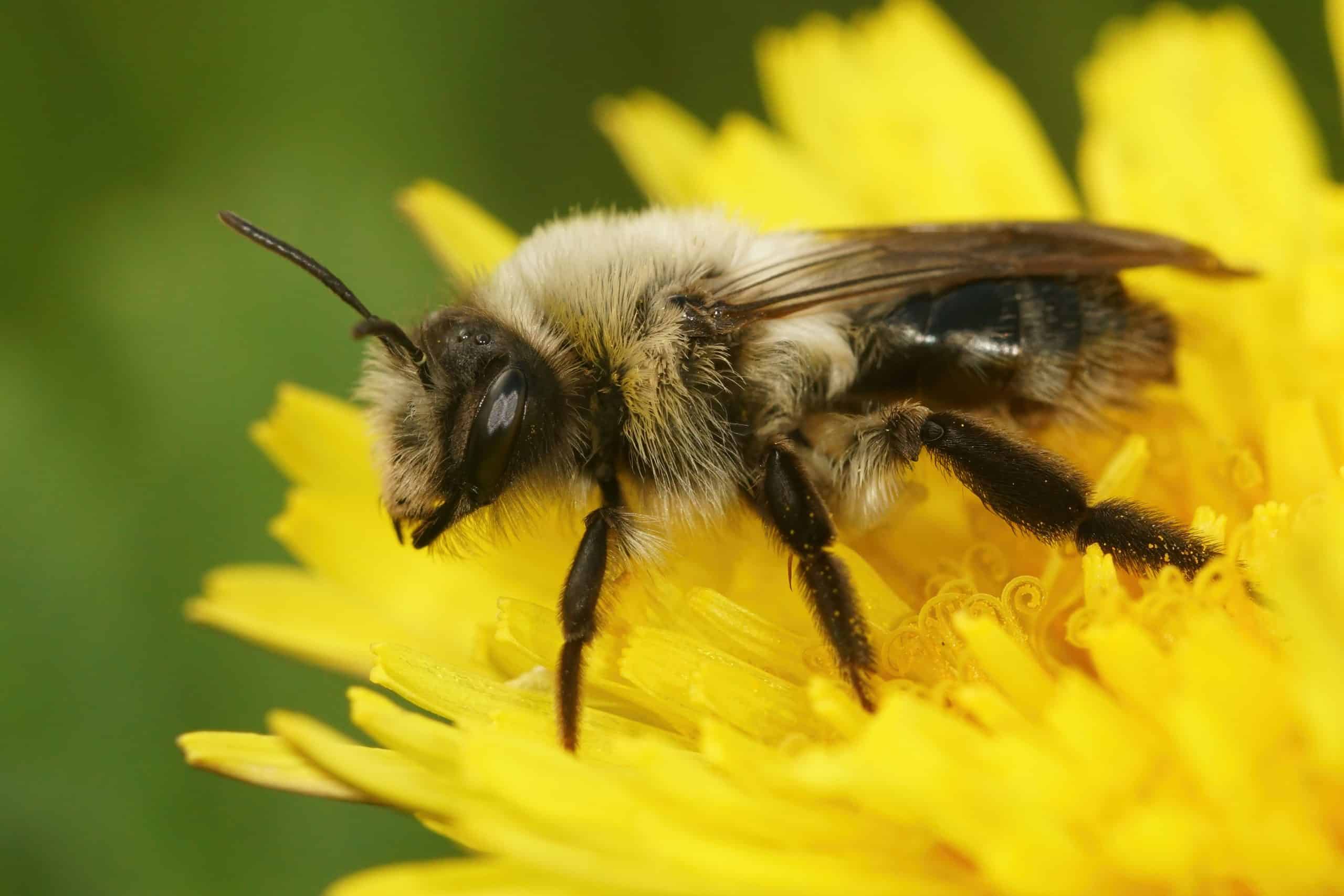How Does the Introduction of Urban Beekeeping Impact Community Mental Health?

An intriguing connection has emerged in the scholarly spheres of environmental research and mental health studies – the subtle, yet significant role of urban beekeeping in shaping community mental health. As the world turns more towards nature to find solutions for improving mental health, the humble bee deserves a spotlight. This article aims to explore this complex interplay between bees, urban environments, and community mental health. It’s time to delve into the crossref of knowledge that intertwines our lives with the buzzing bees in more ways than we had imagined.
Urban Beekeeping: A Brief Overview
Urban beekeeping, quite simply put, is the practice of maintaining bee colonies in urban areas. It’s not a new phenomenon per se, but its popularity has skyrocketed in recent years. As city dwellers become more conscious about the environment and their food sources, beekeeping is emerging as an unlikely hero.
Sujet a lire : What Are the Health Benefits of Taking a Digital Detox Weekend?
Beekeeping in an urban setting might seem counter-intuitive at first. Aren’t bees supposed to thrive in wild, open spaces rather than cramped, concrete-clad cities? But if you take a closer look, cities offer a surprisingly diverse array of flowering plants across parks, gardens, and balconies. This constant supply of nectar and pollen is perfect for honey bees.
The benefits of urban beekeeping are manifold. It helps in the conservation of bee species, some of which are under threat due to habitat loss and climate change. Honey bees, in particular, are vital pollinators, playing an instrumental role in our food production processes. By revitalizing urban bee populations, we are essentially helping to maintain the delicate balance of our ecosystem.
Dans le meme genre : Can Planting an Allergy-Friendly Garden Reduce Seasonal Allergy Symptoms?
The Bee-Health Connection: A Scholar’s Perspective
With a simple Google search, you can find countless studies exploring the different dimensions of the health benefits of honey, a product of our industrious bees. This golden, viscous substance has been a panacea in traditional medicine for centuries, treating everything from common colds to nasty wounds.
On PubMed, you’ll find studies attesting to the antimicrobial, anti-inflammatory, and antioxidant properties of honey. It’s also worth mentioning that honey is a healthier alternative to refined sugar, which is a significant contributing factor to many lifestyle diseases.
But moving beyond the physically healing aspects of honey, let’s turn our attention to the more obscure, yet fascinating realm of the mind. Unbeknownst to many, the practice of beekeeping is rich with potential benefits for community mental health.
Urban Beekeeping and Community Mental Health: Unraveling the Link
You might wonder – how does such a seemingly insignificant activity as urban beekeeping impact community mental health? The answer lies in the deep-rooted connection between humans and nature, the therapeutic effects of which are slowly being recognized and harnessed.
Engaging in urban beekeeping brings people closer to nature. It offers a respite from the mundanity and stress of urban life, providing a therapeutic outlet for city dwellers. According to a study published in the Journal of Environmental Psychology, activities that bring humans closer to nature bring about significant improvements in mood and cognitive function.
The sense of responsibility and commitment that comes with taking care of bees can also provide a sense of purpose and satisfaction, thereby enhancing mental well-being. It helps build a strong sense of community, too, as people come together to learn about and participate in the act of beekeeping.
Public Perception and Promotion of Urban Beekeeping
While the community mental health benefits of urban beekeeping are becoming increasingly apparent, public perception can be a potential barrier. Fear and misinformation about bees often limit people’s willingness to support urban beekeeping initiatives.
Public education plays an essential role in overcoming these challenges. Workshops, awareness campaigns, and community-led initiatives can help reshape perceptions and highlight the benefits of urban beekeeping – not just for the environment and food security, but for mental health as well.
Urban beekeeping is slowly being recognized as a promising tool for community mental health promotion. By fostering a stronger bond between people and nature, such practices can pave the way for healthier, happier urban communities.
Urban Beekeeping as a Therapeutic Tool: A Deeper Exploration
The practice of urban beekeeping provides more than just a direct connection to nature for urban inhabitants. It has begun to be recognized as an effective therapeutic tool, with the potential to positively impact mental health. The act of caring for bees, observing their behaviors, and reaping the fruits of their labor can offer a sense of calm and fulfillment to individuals grappling with the frenetic pace of city life.
As per an article published by PubMed, exposure to green spaces has been linked to decreased levels of stress and improved mental health among adults. Such spaces, when utilized for urban agriculture like beekeeping, can amplify these benefits. Urban beekeeping, as a form of urban agriculture, allows residents of city spaces to engage in an activity deeply rooted in nature, thereby catalyzing the therapeutic effects of green spaces.
A study published in the United States highlighted the benefits of urban beekeeping for young adults facing mental health challenges. The participants reported an increased sense of self-esteem, improved concentration, and a renewed sense of purpose. The responsibility of caring for the honey bee colonies provided a therapeutic routine that contributed to their recovery process.
Engagement with beekeeping also imparts a sense of belonging. Beekeeping initiatives often encourage community participation, facilitating social interaction and cooperation among diverse groups of city dwellers. This sense of community is vital for mental health, providing social support and enhancing the sense of personal accomplishment.
Conclusion: Bee-ing the Change for Mental Health
As our understanding of mental health evolves, the need for innovative, nature-based solutions becomes more apparent. Urban beekeeping, with its potential to improve mental health, emerges as a promising solution. This practice not only benefits the honey bees, crucial for our food production and ecosystem balance, but also the urban dwellers who find solace in this mindful activity.
The challenges of promoting urban beekeeping, particularly public perception and lack of awareness, can be addressed through education. A concerted effort to disseminate the benefits of beekeeping, backed by research from reputable sources like Google Scholar, PubMed Crossref, and Article PubMed, can help reshape public opinion. Workshops and community-led initiatives are powerful tools in promoting urban beekeeping as a therapeutic practice.
In conclusion, urban beekeeping is more than just a hobby or an act of environmental preservation. It represents a unique intersection of urban agriculture, environmental sustainability, and mental health promotion. By fostering deeper connections with nature, encouraging community participation, and providing a therapeutic routine, urban beekeeping can improve mental well-being and contribute to healthier, happier urban communities. As we continue to explore this fascinating field, it’s clear that the humble honey bee can provide sweet solutions to some of our most pressing mental health challenges.
